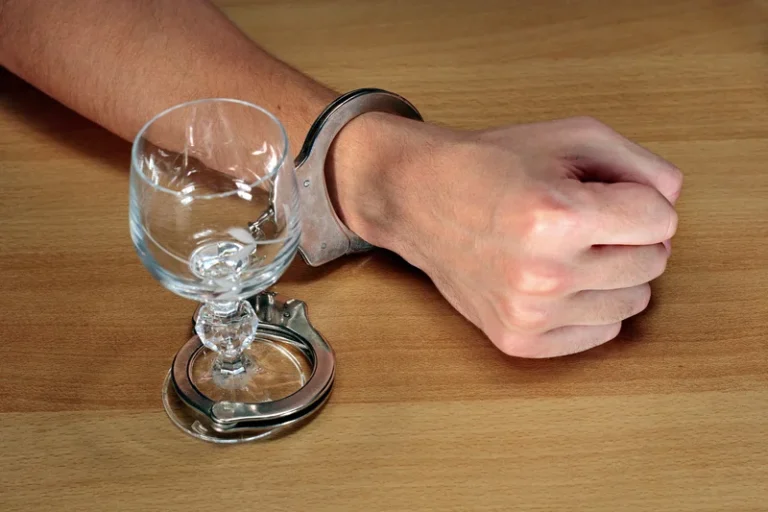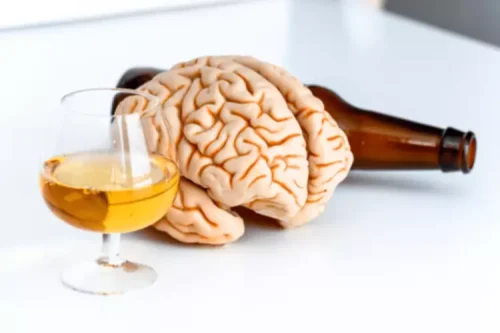What Are Living Amends? And How Do You Make Them? Cake Blog Cake: Create a Free End of Life Plan

This is a list of all of the people in your life whom you believe you have harmed. It can be a challenging list to write, even for those who want to embrace forgiveness and inner peace—but the list is important. It represents many of the feelings and struggles you’ve had. By working through the list in Step 9 and making amends to each person named there, you will restore a piece of yourself with each conversation. One of the best ways you can make long-lasting changes to your relationships is by being true to your word.
What Does Making Amends Have to Do With Sobriety?
Say, for example, you’re preparing to make amends to a former coworker, whom you once stole from to pay for drugs. In addition to apologizing and asking for their forgiveness regarding the incident in question, you might offer to repay them in full for the money you stole. Finally, when we can be accountable and make amends, we are forced to face our humanness. It’s painful, but it forces us to understand ourselves more deeply and hold ourselves with compassion.
Manifest Content of Dreams
Understand why you are the way you are, the pain you’ve experienced in life, the decisions you’ve made, and how these experiences change the way you think and feel. Self-reflection brings self-compassion by teaching you to love yourself completely. Repairing your life from addiction requires us to look at past experiences, our past traumas, things we want and need to change. Making amends can lead to a lot of overwhelming feelings like fear, anxiety, or pride.
What Is Step 9?

Sometimes direct amends are not possible, and this is where living amends come into play. Living amends is a certain type of amends you make in addiction recovery. Essentially, it means making a radical shift in the way you live and sticking to that.

Dreaming About Someone Can Reveal Unconscious Feelings

In these circumstances, you can make an indirect amend to rectify the wrong in the best way possible. Giving back to the community and helping others is a https://ecosoberhouse.com/ common way to make an indirect amend when you are in recovery. When you’re ready to make amends, you can find support to guide you through the process.
Benefits of Recovery Life Coaching for Addiction Treatment
- If you’ve ever had a dream about someone unexpected, such as an ex, co-worker, or crush, you might wonder why they might appear in your dreams.
- I tend to hide the memory of past transgressions under the ever-handy umbrella of «Didn’t do it if I don’t remember».
- Direct amends are not always possible or practical, but that doesn’t mean the individual is unable to demonstrate changed behavior.
- They may visit family members and friends more often, set aside time to spend with their partner or donate their time to a worthy cause.
- Despite the emphasis 12-Step groups place on making direct amends, it’s important to understand that this is not always a realistic option.
Making amends involves acknowledging and correcting past behaviors. It’s a transformational part of addiction recovery that takes courage, self-awareness, and a willingness to change. Undoubtedly, you, too, have a list of ways in which you want to live out your living amends, and that’s great! The more personalized your lifestyle changes are, the more they’re going to resonate and stick with you. When first writing your list, don’t worry about including everyone you have wronged. Over time, as you strengthen and deepen your recovery from addiction, you will undoubtedly revisit Steps 8 and 9 many times.
- Being specific also makes the amends that you offer more achievable.
- If you promised your father to help him mow the lawn on Sundays, but years have passed, and you’ve never once shown up, start now.
- For example, someone living with an addiction may make amends by apologizing for stealing property and then make it right by returning what they’d taken.
- When initiating conversations with your loved ones, it’s important to listen to and validate their feelings so that both parties can begin to forgive and heal from past disagreements or even trauma.
- Understandably, some people may just need more time to learn how to trust you again.
- Rather, it is an expression of our belonging to the world and our own hearts.
Making Amends: How to Repair the Damage Caused by Active Addiction
Eventually you will find you are making amends day by day through the positive actions you routinely take in living by Twelve Step principles. Remember, this is a Twelve Step process that can provide a platform for healing, but the person we are reaching out to may not be at the same place what is a living amends in healing as we are. We are only in control of our part—making and living the amends. As with alcohol and other drugs, we are also powerless over other people. We cannot control how others respond, whether they will forgive or whether they will hold on to negative feelings or resentments.
- We blame ourselves for certain things that happened – sometimes rightfully, and sometimes not.
- This process was for you, and you cannot change the way others view you.
- One of the greatest regrets some people endure is not apologizing to a loved one for past wrongs before they die.
- Are you taking the step to clear your conscience at the expense of another person?
- The guilt may have been real, but the apology didn’t come with lasting change.
What you can control is how you’ll continue to make positive changes and live a life free from substance use. When someone is alive and you’ve hurt them, amends are more straightforward. You might go to that person and take responsibility for what you have done wrong, express you deep remorse, and ask what you can do to make it up to them. You may couple that making of amends with a request for forgiveness.
Careers – Join Our Team
Accepting that you couldn’t do better until you knew better is part of your healing journey. Once we can acknowledge to ourselves what we’ve done wrong and why, we can start to repair it with others. It can be tempting to say things like “I’m sorry for everything I’ve done to you,” but try to avoid these blanket statements. They miss the opportunity to be truly reflective about how your wrongdoings have impacted the other person and can be misread.